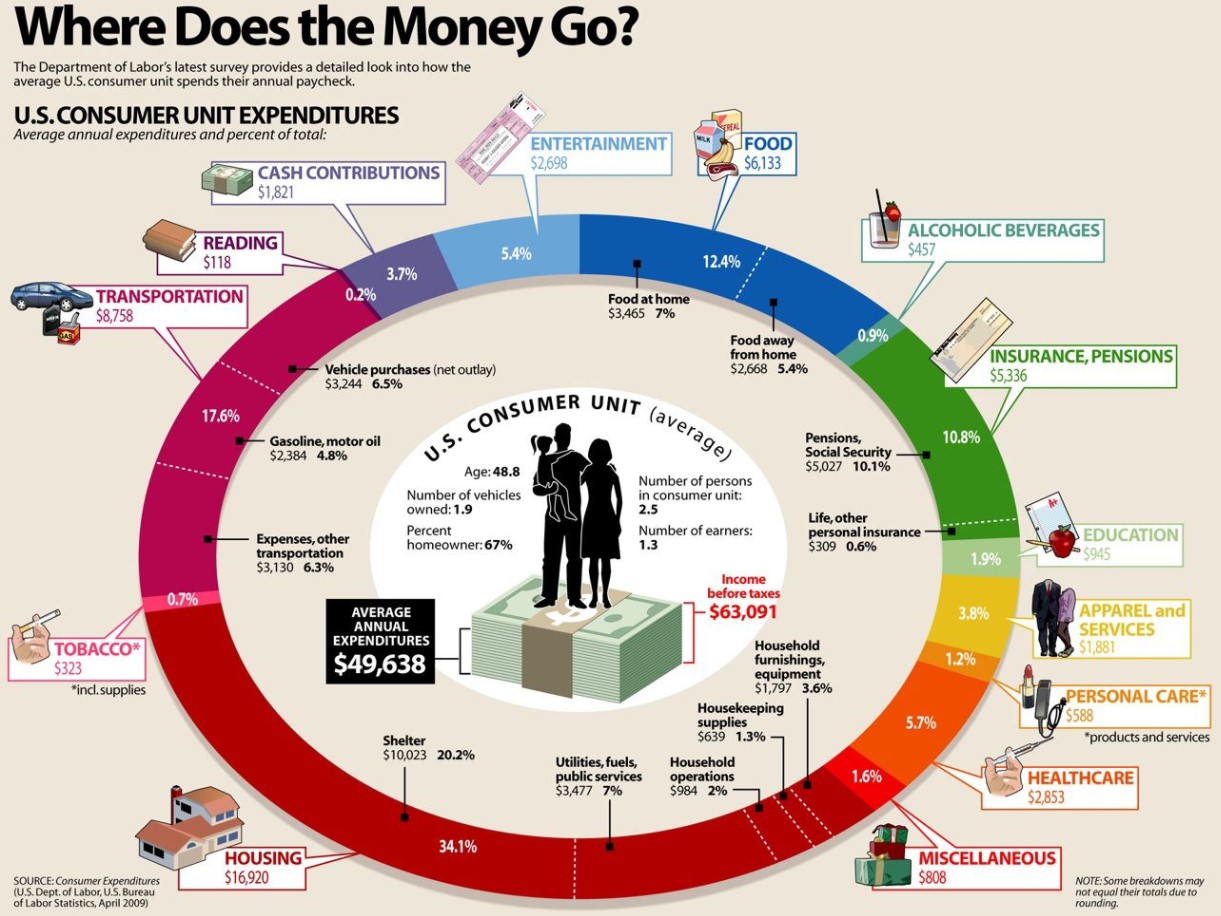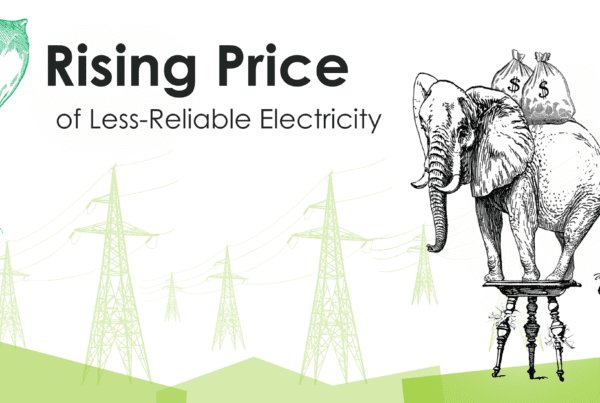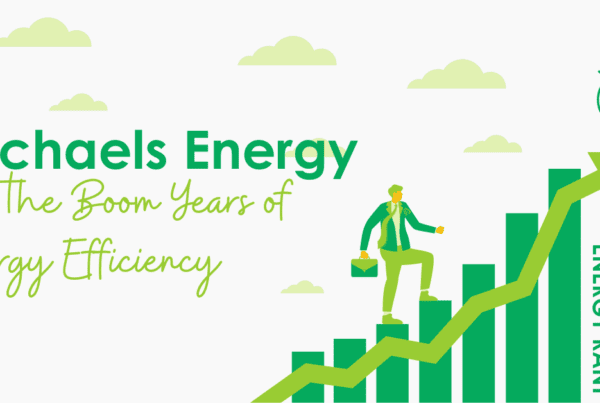
The subject line is a response to a recent article in Public Utilities Fortnightly, written by Mark Gabriel, the Administrator and CEO of the Western Area Power Administration. Mr. Gabriel[1] discusses what he sees coming for the utility industry. I am sure he is far more qualified to predict the future than I am, but I can provide my Lilliputian commentary in response to his projections.
I may be playing a little loose with Mark’s article, but he seems to indicate the utility industry is on the verge of upheaval. He states the stalwart concerns of utilities, including the strength of the economy, declining energy demand, and the threat that onerous regulation will be challenged by bigger threats of technology, including blockchain, Alexa, Nest, and Panasonic. No single technology will throw a grenade into the utility bunker. The threat will be more like a thousand pinpricks.
Consumers Rule
Consumers drive everything. As Mark notes, “Consumers are notoriously bad at math and buy for emotional and other reasons.” Emotion explains why hundreds of thousands of people plunked down $1,000 each for possible future delivery of a Tesla 3.
Speaking of overhyped technology, Siri and Alexa are quite useless for information. “Alexa, how many Tesla Model 3 down payments have been made to date?” “Hmm. I’m not sure.”
“Siri, [same question]?” Siri referred me to a Bloomberg article. Thanks. You can find an article but can’t select the data from it? This artificial intelligence is the equivalent of Pong, circa 1978.
I found the answer with an old-fashioned internet search. The Wall Street Journal reported over 800,000 deposits ($850,000,000).
To make Mark’s point, almost a billion dollars of free money is what the master of hype, Elon Musk, can pull from emotional consumers.
Masters of Hype
Not that I want to beat on Tesla (well, yes I do – let’s be frank), but while one can build a fantastic prototype or concept car, ramping to production and competing with established auto companies was a poor idea. If you start getting the slightest traction in the market with your technology, the giants will develop their own, and they will kick your butt in manufacturing.
Car companies are something I’ve alluded to many times with strategists in our company. Are we going to build a car company? Of course not. But I’m referring to challenging a well-established market of huge providers of efficiency programs or evaluation. Taking them on at their game would be a waste of calendar time and money. See what I’m saying, Elon? “Car biz is hell…” Yes, Elon. It is.
Tesla is in trouble. They burned through $3.4 billion in cash last year, and running out of cash this year is a real possibility. Money reports Tesla promised 5,000 Model 3s per week by the end of last year. Actual: 222 in the third quarter and 1,542 in the entire fourth quarter. Will it be saved? For this, consider Ford Motor Company.
A CEO With More than a Chance – An Opportunity
I recently learned some things about Alan Mulally, Ford’s turn-around genius who retired from the company in 2014. Mulally was a streamliner and a corporate culture changer with a penchant for accountability. He came from Boeing, another huge manufacturer. Mulally had the infrastructure and knowhow in place when he started at Ford. Tesla: not so much. What does an Apple exec know about building cars in a company that didn’t exist ten years ago?
Moral of the Tesla/Ford story: taking on a 100-plus year-old company is, uh, difficult. The same will apply to taking on utilities, which provide incredible reliability and resilience for a tiny slice of a typical customer cost of living or doing business.
Utilities and Car Companies
Returning to utilities, Public Utilities Fortnightly has, for about a year, crowed how cheap electricity is. It comprises barely 1.3% of consumer spending. To the Elon Musk of electricity: there is your bogey. You have to compete with spending on the level of deodorant, mouthwash, toothpaste, and lipstick. Good luck with that.
Electricity, which takes up 1.3% of our household spending is an enabling commodity, with 99.999XX% reliability. To compete, you have to be at least 50% cheaper because other benefits that will come with it include less reliability and hassle.
For instance, last week, when we had a thunder, hail, ice, sleet, and snow storm (in that order in one storm system), the utility guys were climbing the poles and restoring power. Not so if you self-generate. Want the utility as a backup? There goes any chance of being cost-effective. That costs an average of $50 per home per month.
If the grid we have didn’t exist, then everything would be different, just as it would if the auto industry didn’t exist before Tesla. Or, as my former basketball coach and social studies teacher used to say, “if its and buts were candy and nuts, what a wonderful world it would be.”
Electricity today is too reliable, too cheap, too boring, too easy, too big with diverse interconnectedness to take on, Elon. This is not to say there will be no challenges.
[1] We’re all family here. Can I just call you Mark? Thanks.






Join the discussion One Comment